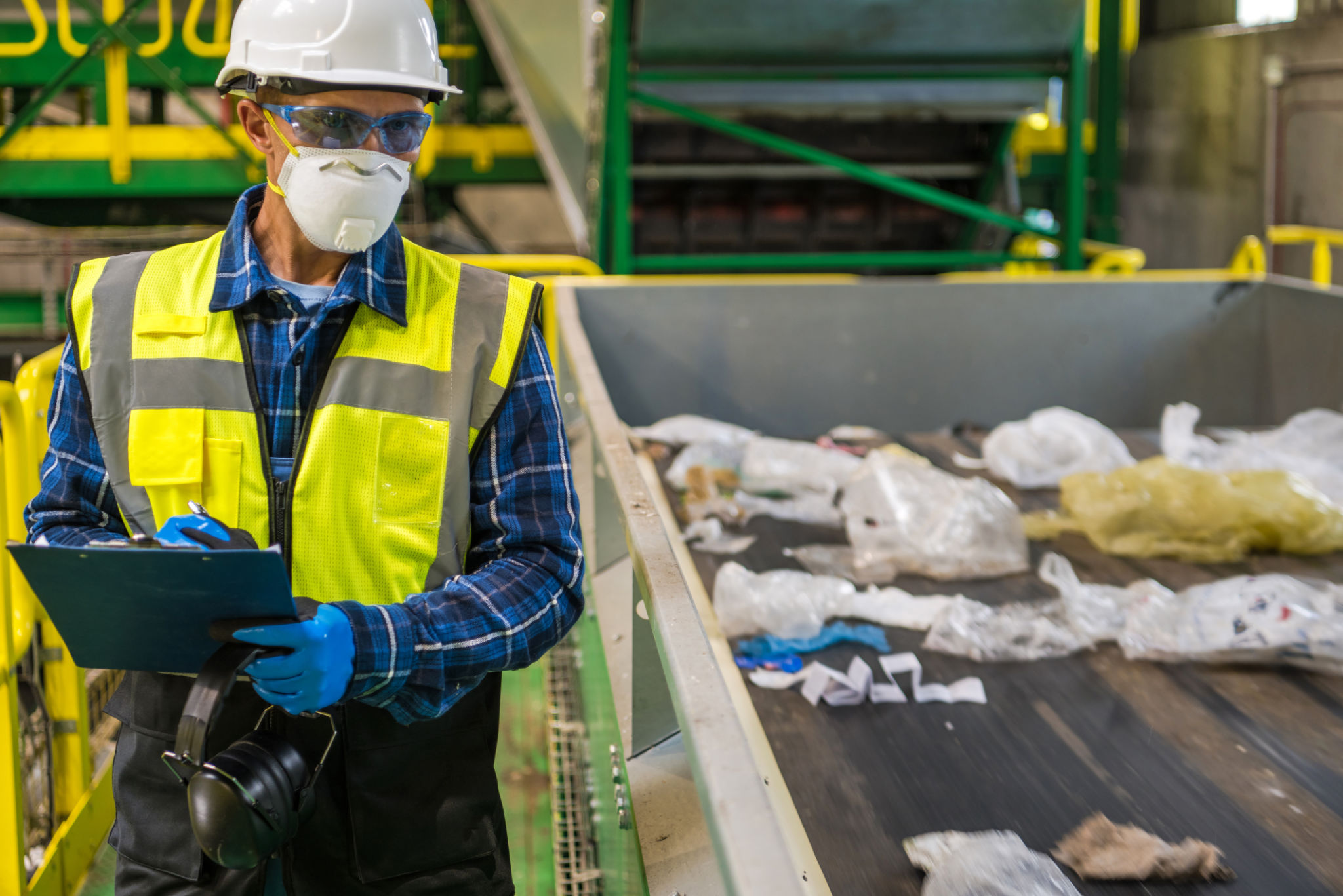Expert Advice on Managing Cooking Oil Waste for Businesses
Understanding the Importance of Proper Cooking Oil Waste Management
Managing cooking oil waste is a critical aspect for businesses in the food industry. Whether you run a restaurant, catering service, or food processing plant, improper disposal of cooking oil can lead to severe environmental and health issues. Moreover, it can result in costly fines and damage to your reputation. Therefore, having a robust strategy for handling cooking oil waste is essential.

Best Practices for Collecting and Storing Used Cooking Oil
To effectively manage cooking oil waste, start by implementing best practices for collecting and storing used oil. Use designated containers that are clearly labeled and designed to prevent leaks and spills. Ensure these containers are stored in a cool, dry place away from direct sunlight to maintain the oil's quality before disposal or recycling.
Regularly train your staff on the correct procedures for handling used cooking oil. This includes ensuring they know how to safely transfer hot oil and what to do in case of spills. Proper training minimizes the risk of accidents and ensures compliance with health and safety regulations.

Recycling and Reusing Cooking Oil
Recycling and reusing cooking oil is not only environmentally friendly but can also be cost-effective for your business. Many companies specialize in collecting and processing used cooking oil into biodiesel, a renewable energy source. Partnering with such companies can help you dispose of your oil responsibly while potentially earning some revenue.
Additionally, some businesses find creative ways to reuse cooking oil within their operations. For example, used oil can be filtered and reused for other cooking purposes or even for making soap and other products. Always ensure that reused oil meets safety standards to avoid compromising food quality.
Disposing of Cooking Oil Waste Responsibly
When recycling or reusing is not an option, disposing of cooking oil waste responsibly is crucial. Never pour used cooking oil down the drain, as it can clog pipes and cause severe damage to the sewage system. Instead, consider hiring a certified waste disposal service that specializes in handling cooking oil waste.

These services often provide regular pick-ups and ensure that your oil is disposed of in an environmentally friendly manner. They can also offer documentation to verify that your business complies with local waste disposal regulations, which can be beneficial during inspections.
Implementing a Cooking Oil Waste Management Plan
Creating a comprehensive cooking oil waste management plan is the best way to ensure your business handles oil waste effectively. This plan should outline the procedures for collecting, storing, recycling, and disposing of used cooking oil. It should also include training protocols for staff and a schedule for regular maintenance and waste collection.
Review and update your plan regularly to adapt to any changes in regulations or business operations. By staying proactive, you can avoid potential issues and maintain a sustainable and compliant waste management system.

Conclusion
Proper management of cooking oil waste is essential for any business in the food industry. By following best practices for collection, storage, recycling, and disposal, you can minimize environmental impact, comply with regulations, and even save on costs. Implementing a robust cooking oil waste management plan and training your staff are key steps towards achieving these goals. Make responsible cooking oil waste management a priority in your business to ensure a cleaner, safer environment for all.